
Introduction
I really started playing chess, like millions of other people, after I watched The Queen’s Gambit. My friends said we should play some games online. I refused at first because I was worried I would get sucked in and it would consume my life. A week later I was sucked in and it has consumed my life ever since.
I had played chess a little as a kid, in high school, and back in 2012. But I never really studied. My first couple months back were just bleeding rating points until I got to a low of 776 rapid rating on chess.com on February 3, 2021. That’s the main metric I used for the year, and where I’ll start my story.
Careless Wandering
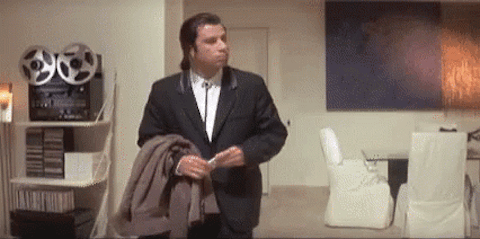
In February I was sick of blundering pieces every game and losing so many of my games. I decided I would start taking things more seriously and start actually learning how to play chess. The problem was, I had no idea how to do that.
I watched some videos on YouTube, like Naroditsky’s speed run series, and watched some twitch streams. I started listening to chess podcasts and trying to do whatever the chess improver of the week recommended. I also was all about Reddit r/chess… until I got sick of it.
I bought some chess books that were appropriate, like Logical Chess Move by Move and Chess Tactics for Students. But then I bought some books that were silly for my level, like The Woodpecker Method. But again, some adult improver I heard of said he used the Woodpecker Method and it was great.
During this time my rating was all over the place and it was really frustrating. I’m trying to be a real chess player now! Look, I’m reading chess books! Why don’t I feel like I’m getting any better? Towards the end of March I realized that whatever random things I was doing wasn’t working. I needed some professional help.
Coach Gave Me A Plan
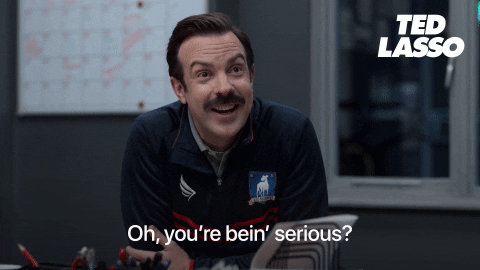
At the end of March I reached out to a local chess coach. He wasn’t taking new students, but was willing to look over my games and help put me on a better path. He had me play 4 30-minute games and then send them to him. I had never played games that long before. He quickly diagnosed me with poor board vision which he said is the first thing you need to work on after you learn the rules.
His study plan consisted of:
- Work through Chess Steps Level 1 - all three workbooks. Don’t do any other puzzles, no other workbooks, just Chess Steps.
- Work on tactics using Chess Tactics for Students (5 times through each puzzle) and then move on to Chesstactics.org.
- Study Logical Chess Move by Move. Do this “guess the move” style.
- Stop playing fast games. 30-minute games are minimum and I should try to have less than 5 minutes left at the end.
I was pretty good about Chess Steps. I spent lots of time on those workbooks and I started to notice a big improvement. I was not blundering nearly as many pieces, and my rating just kept going up. I also went through Chess Tactics for Students multiple times. I think it was a total of about 3 times, not 5, but that was pretty helpful. However, I did not do great on the Logical Chess book. I never really got into a rhythm of studying that book. Chesstactics.org is an amazing free resource that I also never got into, though I bought the physical Predator at the Chessboard books.
For playing, I did great with only playing longer games, which had a big impact as well. I think I only played 1 blitz game from the time the coach told me to stop at the end of March until the end of August.
Another thing that helped me during this time was Chessbrah’s Building Habits series on YouTube. I’m not the biggest Chessbrah fan, but what I liked about these videos was that it focused on just playing simple chess. That is something that I constantly need to remember. I often fall into the trap of trying to make things too complicated when I am playing, and this was a good reminder that not every move needs to be brilliant.
When I reached out to this coach, I set a goal of reaching 1200 by the end of the year. I thought I could improve 50 points a month or so. I ended up going from 776 at the start of February to 1200 by the end of June.
What Now?
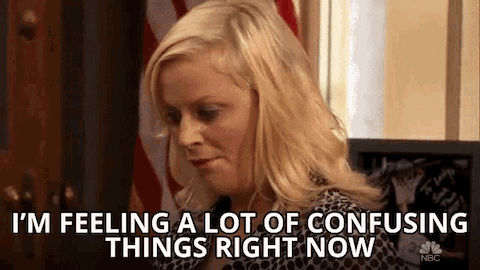
I had hit my goal for the year, but had six months left. By this time I had heard enough podcasts and read enough books that said you shouldn’t focus on your rating. So I didn’t. I thought I was rising above it all. But what happened over the next 4 months was that my rating didn’t go up, it didn’t stay the same, it actually dropped down 70 points.
I was suffering from a little bit of burn out. I reached my goal and now what? Looking back, my rating did not change much during this time, but it sure felt like it did at the time.
I did have a one-off lesson with a coach at the end of July. I thought what I needed what just someone to continue the plan I got in March, and give me harder things to work on. This coach did not fit my style. I found him because of his online presence, and his lessons were exactly the same as he was everywhere I saw him. I’m not sure what I expected, but it turns out his outgoing online personality was not what I wanted in a coach. The single lesson was more like him just going through a script for all new students and it wasn’t tailored to me. He also seemed to have the impression that I was much better than I was, because he was recommending fairly difficult books.
I was back to trying a lot of different things during this time. Every week or two I would start the one thing that “was guaranteed to improve my rating.” I started writing about my progress each week and in one update from August I even said “It is hard to find time to do all the things I want to do.”
I was also playing a lot of 10-minute games instead of 30-minute, which was a whole different world.
Do Less
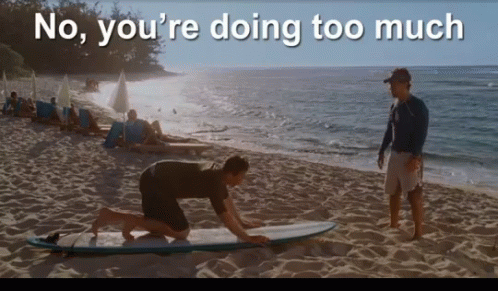
At the end of September I made a couple changes, which I first wrote about here.
First, I really tried to limit the number of activities I was doing at one time. In September I counted how much time I was spending on chess. Here are some of the things I was trying to do on a regular basis:
- Studying tactics on Chessable
- Studying openings on Chessable
- Studying checkmate patterns on Chessable
- Watching Chess.com lessons
- Studying endgames on Chess.com
- Chess.com puzzle rush and rated puzzles
- Everything I could on Aimchess
- Correspondence Games
- Watching YouTube Videos
- Playing and annotating games
- Studying master games
- Reading Chess books
- Chess Steps workbooks
I’m not even sure that was the full list. I needed to cut some things out, which I was able to do. At first I limited it to just some openings, Aimchess, and the Chess Steps workbooks. That turned out not to be the best balance either, but at least I was trying to limit what I was doing, which made a big difference.
Another big change was that I started playing all of my online games with a physical board set up. This made me play slower games again, which was great, but it also made me look at the moves in more detail. Within a couple of games this way I was seeing tactics and feeling more confident with my calculations.
During this time I also started taking lessons with a new coach every couple of weeks. I’m not sure how much that really helped, though he quickly pointed out that I wasn’t castling enough. I was not a good student and did not let my coach actually do his job and coach me. I just brought a bunch of topics that I thought I needed to cover, but probably were not that important.
Change Everything
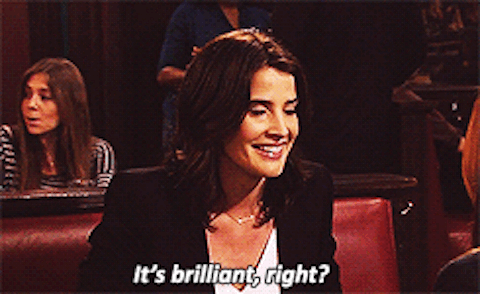
Everything was starting to go pretty well, so I figured a really smart idea would be to change everything. Which I did, and my rating dropped. The main thing I changed here was that I started hating that I always played The London. It had gotten me this far, I did not really understand what I was doing, I always got the same positions so I was not really learning anything, plus everyone hates The London! But switching it up meant that I lost a bunch of games. However, I wasn’t upset about that because I finally felt like I was playing with some actual opening principles, not just a bunch of memorized moves.
One of the biggest things I was trying to figure out during this time was how much I should be playing. Some weeks I felt like I was playing too much so I would cut back. Then the next week I felt like I wasn’t playing enough, so I’d binge on playing games instead of studying.
I also started drilling tactics from Chess.com using the “learning mode” where I could set the range. I set the range to be around my level so they were not too hard and tried to drill pattern recognition. This was the start of my focus on tactics.
Tactics Study Plan

By the end of November, after a few months of trying to do less, I came across a blog post by Alex Crompton talking about how he uses Chessable to study tactics and that helped him improve. He was later on The Perpetual Chess Podcast explaining his process. This was eye-opening for me. I always knew that studying tactics was probably what I should be doing, but I didn’t really know how to do it. Now I had a detailed plan, even down to what settings to use in Chessable. I created a study plan that was focused on tactics. I revised my plan in January and February, but it remained focused on tactics. I was averaging about 120 tactics a day, which is over 8,000 in 10 weeks. I was focused on spaced repetition and speed in pattern recognition, so it was not 8,000 unique puzzles. Instead it was drilling the same puzzles over and over until I knew them well.
The other beneficial part of writing down the study plan was really making me focus on a small set of items. In February I found this video by Kostya Kavutskiy about making a study plan, which reinforced what I had been thinking about only doing one thing at a time.
Summary
I feel like I learned a lot about chess this year. Mostly I learned how much more there is to learn. At points I felt like I wasted so much time by not studying the exact right thing or trying to do more and more each day. I wanted to consume it all, but I also realized that this will be a long-term effort and as long as I do a little bit each day, I’ll keep improving and learning more.